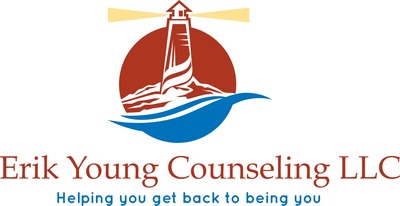We’re growing again here at Erik Young Counseling. We have a new clinician working with us. Her name is Moira McCormick and we are really excited to have us working with us.
Moira McCormick is a licensed professional counselor who specializes in working with children and adolescents dealing with anxiety, low self-esteem, trauma, anger, and life-transitions. Moira also has extensive experience working with individuals on the autism spectrum. Within a therapeutic setting, Moira puts much emphasis on healthy relationships and is keen on incorporating the parents and/ or caregivers into treatment.
Moira holds a Master’s degree in Counseling Psychology from Immaculata University. In addition to outpatient counseling, Moira also works as a school therapist at a local public middle school. She is very aware of the stress that exists within a school environment and enjoys helping adolescents overcome both social and academic obstacles.
Moira is warm, humorous and original in her approach. She is able to highlight positive qualities within individuals and provide tools and creative ways to incorporate these qualities into their everyday lives. Moira believes that everyone deserves to live the life they desire. Often times, we just need a reminder of our self-worth and a refresh of therapeutic tools.
When away from her office, Moira can be found spending quality time with her family, friends and her golden retriever(s). There’s nothing more genuine than the love of a dog!
If you see Moira in the office, please say Hi. If you would like to schedule a session with Moira click here.











Follow Us!